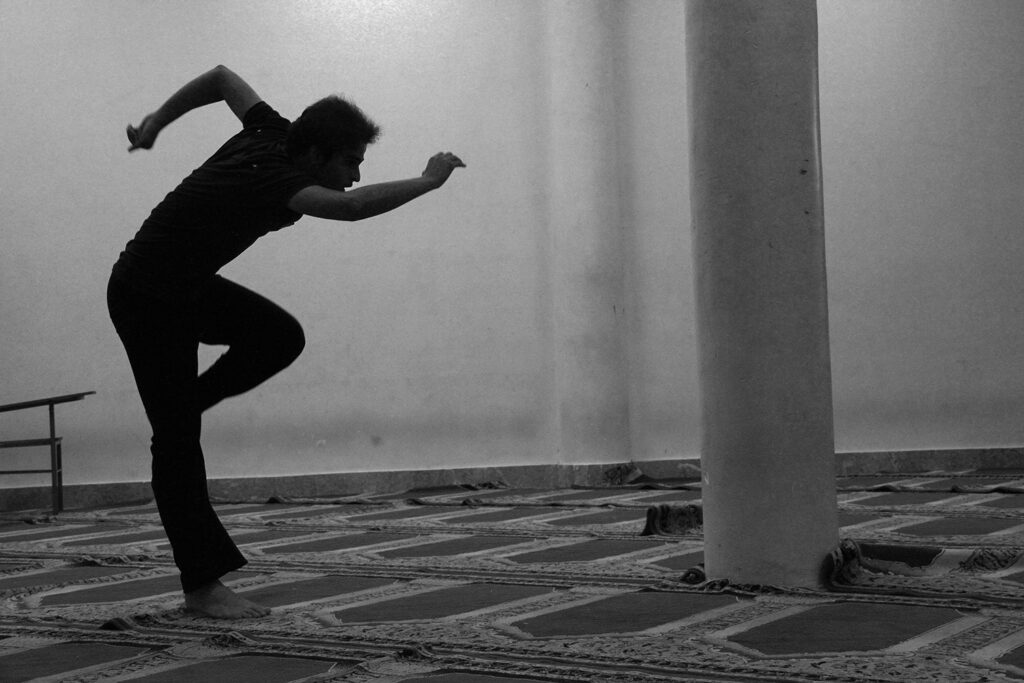
During this project more than ever before I’ve been led to reflect on the external limits of my own research, which are even narrower when it comes to the great accelerator of academia. But no theoretical gesture in the field of environmental humanities can avoid reflecting on the way it relates (or fails to relate) to its own ‘external’ conditions, that is the socio-economic situation that generated the environmental crisis. One can never be sure that, at the end of the day, their research has done anything more than produce more polluting noise, or in the worst case provide instruments to the great greenwashing operations. It is not certain that including critical elements in the research, or even structuring one’s whole approach in a critical manner, will be enough.
Taking direct action, on the other hand, is an incommensurable outcome to any theoretical premise. Those contemporary philosophies that want to found the relation between theory and praxis through theory fall into the most banal of vicious circles. Rather, we must make sure that theory is not created in the vacuum of abstraction, but in real practical interactions with reality: only the thoughts that emerge from praxis can enable certain kinds of praxes rather than others, and are not good for every season, as we say in Italian.
Environmental research must not only be critical: it must be biased, or better, non-unbiased. In no way does this come down to stating one’s own political position (solipsism): it rather means informing one’s research perspective as well as one’s academic presence through political situatedness and shared struggles.
Biased truths are neither hard and inviolable (objectivism) nor in themselves unusable (relativism): they are ever-changing and useful to life, because they emerge from social interaction and conflict. They are not the incarnation of transcendent ideas or values, but the transcorporeal emanation of actions, contacts, speeches and gestures. Truth production must be political, that is situated and situating. As such, it might be uncomfortable for the single individual, but no single individual is alone in it.
Feminisms and Critical Animal Studies among other fields have argued for the impossibility of unbiased research and exposed the problem of academic cooptation. For a philosopher concerned with the political nature of the environmental crisis (regardless of their particular subjectivity), this should be a call for bending the inherited ways of thinking towards non-universality. Thinking non-universally while maintaining a significance for a more or less wide community entails modifying the instruments of thought in the sense of shared concrete realities. Reconstructing the nexus between theory and praxis requires a non-speculative realism that finds its application in a slower, more concrete exercise of thinking.


